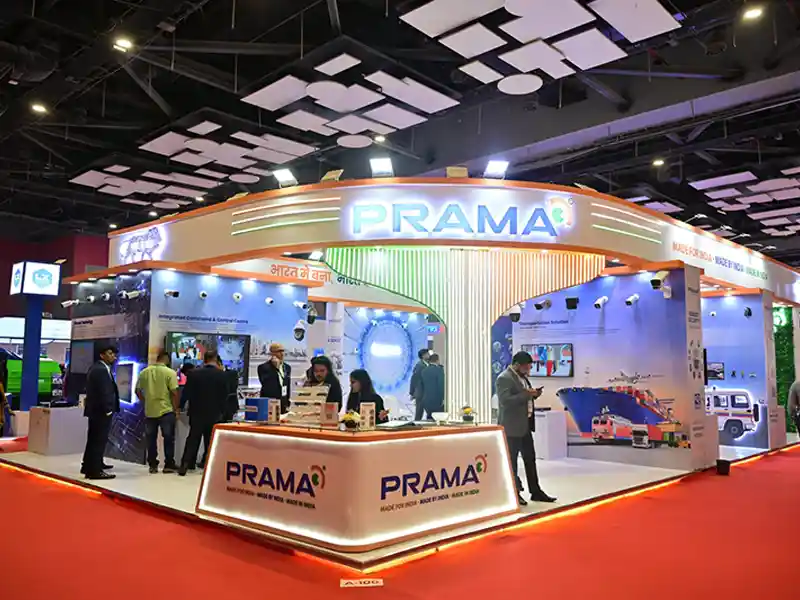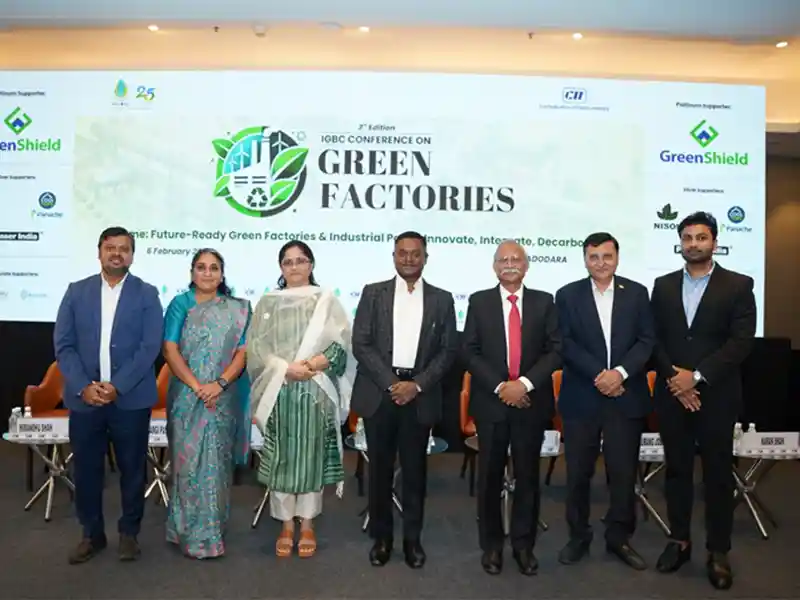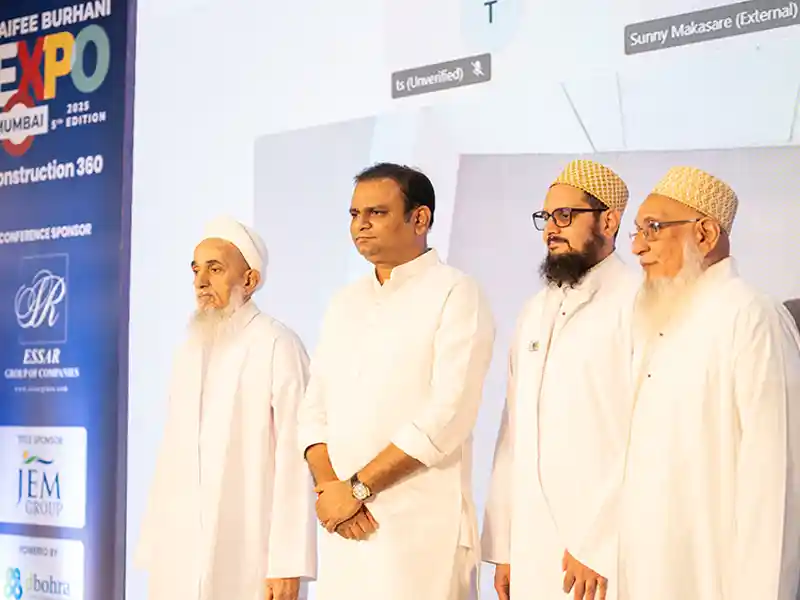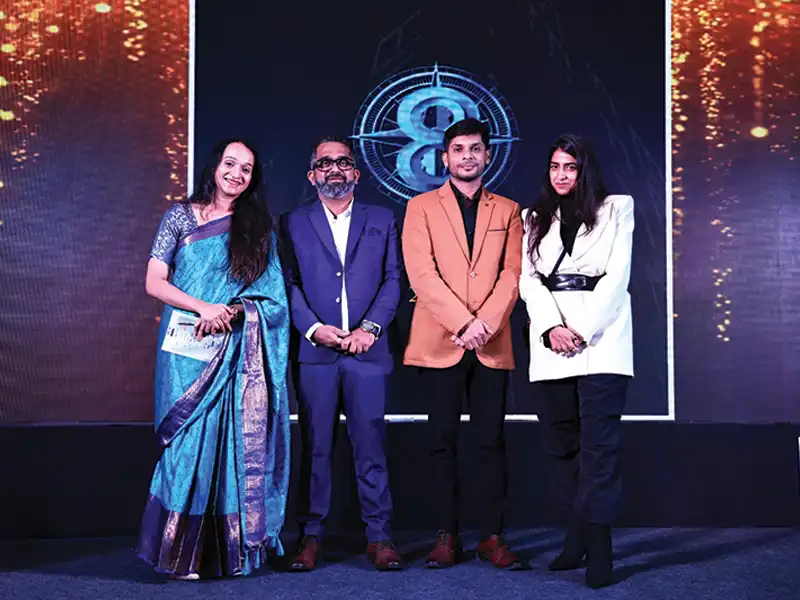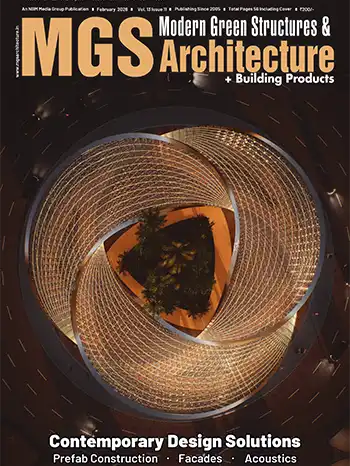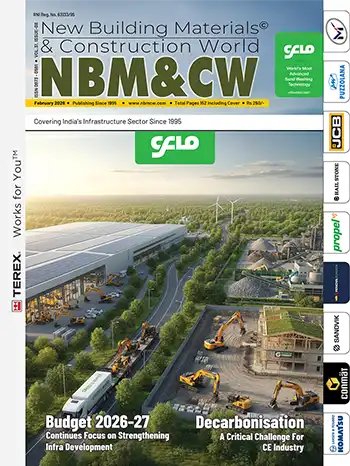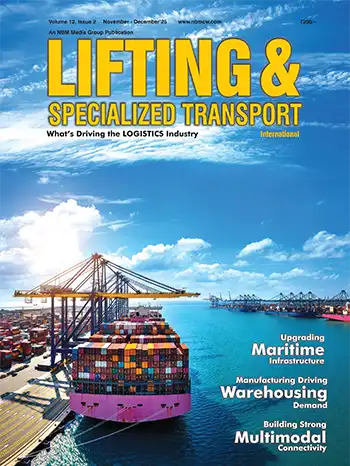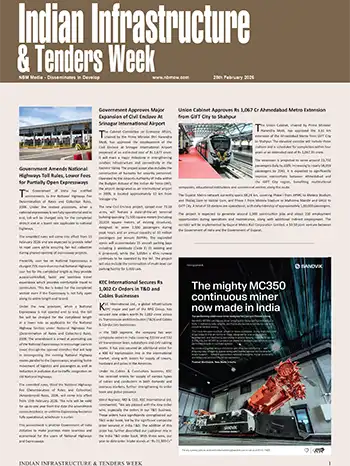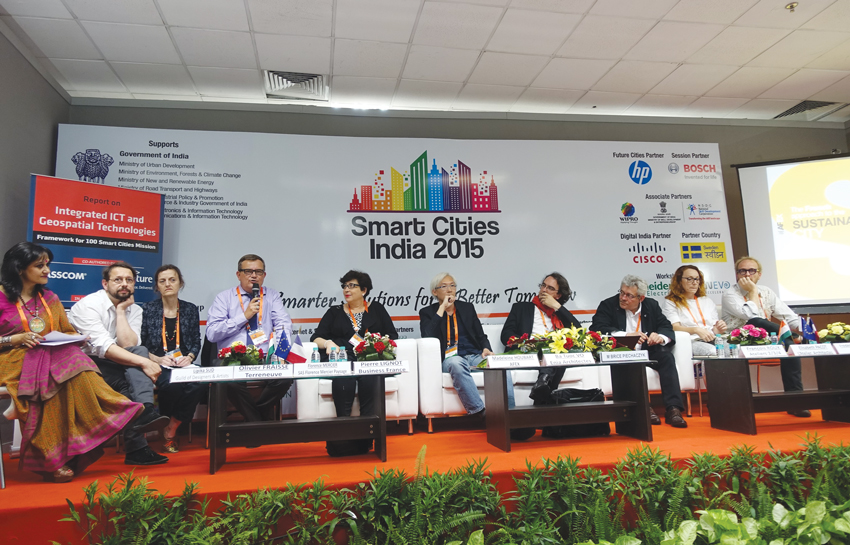
A bunch of French specialist architects was recently in India to explore opportunities out of the Indian Smart Cities drive – reports Syed E. Hasan
It was around a year back in June 2014, Mr. Laurent Fabius, the French Minister for Foreign Affairs and International Development announced in Delhi that France will be proposing 1 billion over the next three years (2014-2016) for sustainable infrastructure and urban development in India through French Development Agency (AFD). This was later increased to 2 billion by the French President, Mr. François Hollande during Prime Minister Narendra Modi's visit to France this year. The AFD's new commitment is aimed to support projects throughout India related to sustainable development and urban issues.
Furthermore, during PM's official visit, the two countries launched a range of cooperation initiatives to promote and preserve the unique heritage of the two countries including an arrangement for training of Indian heritage professionals, exchange of best practices, training and deployment of experts in the area of underwater archaeology, inclusion of heritage preservation as an area of cooperation within the ambit of the JWG on Urban Development, an arrangement for twinning of historical monuments and sites and finally, arrangements for cooperation between architecture schools for training, joint research, and exchange of students and faculty.
Going forward, a delegation of world renowned French architects visited a series of Indian cities including Delhi and surrounding areas (Noida, Gurgaon), Chandigarh, and Navi Mumbai. The delegation was on the lookout for potential partners, accordingly met with local authorities and decision makers, experts in urban development, investors, and real estate developers. The architects also presented their expertise during the 'The French approach to the Sustainable City' seminar held as part of 'Smart Cities India 2015' exhibition organised by Exhibitions India Group in May 2015 at Pragati Maidan in New Delhi.
In this context of mutual alliance and assistance, the biggest French architecture offices, supported by Business France – the French National Agency for the Internationalization of the French economy – and AFEX – the French Architects Association for Export – elaborated on their most important projects executed in India until now. Their visit was aimed at showcasing their expertise to Indian decision-makers, to meet the needs of infrastructure, which can cater to the growth of urban population in India, which is estimated to reach 590 million by 2030.
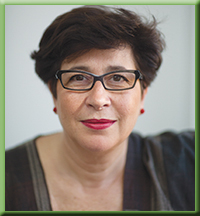
Elaborating further on the purpose of the visit, Ms. Houbart said, "We try to go to the countries where the market is ready to be able – first, to enjoy, and second, to use our knowhow in developing modern architecture and integrating the same with the heritage. And, it's not very easy as housing is the basic need and everybody knows how to make house. What we can come here with is the added value. And for that we have to find out what can be our added value in sync with the local needs of the country abroad. Also, we have to find out clients who agree to pay us accordingly."
Speaking on the matching needs of the two countries and using the knowhow, she said, "France is known for being one of the oldest civilizations when it comes to developing cities. A lot of buildings in these cities are of 18th and 19th centuries, which have been renovated to create a match with the modern era by integrating modernity with the heritage. If you look at Paris, we have accommodated quite a few modern architectures amidst the existing heritage of the city without disturbing the contours. The same stands true for India as most of the cities are quite old and carry many heritage buildings. Our architects are specialists of integrating modernity with the heritage so that both can live together in coordination with each-other."
According to her, there should not be any difference between heritage and contemporary architectures, when it comes to maintenance because today's contemporary architecture is tomorrow's heritage and one should know how to deal with these two aspects. Further, she noted that it is important to define the scale on which smart cities will have to be planned as before proceeding, conceptualization is essential. "We need to have sustainable city, and hence, it's not only smart or high-tech buildings rather a combination of various other parameters. If we fail to combine all those parameters/factors properly, we can't get the smart or sustainable city at all."

